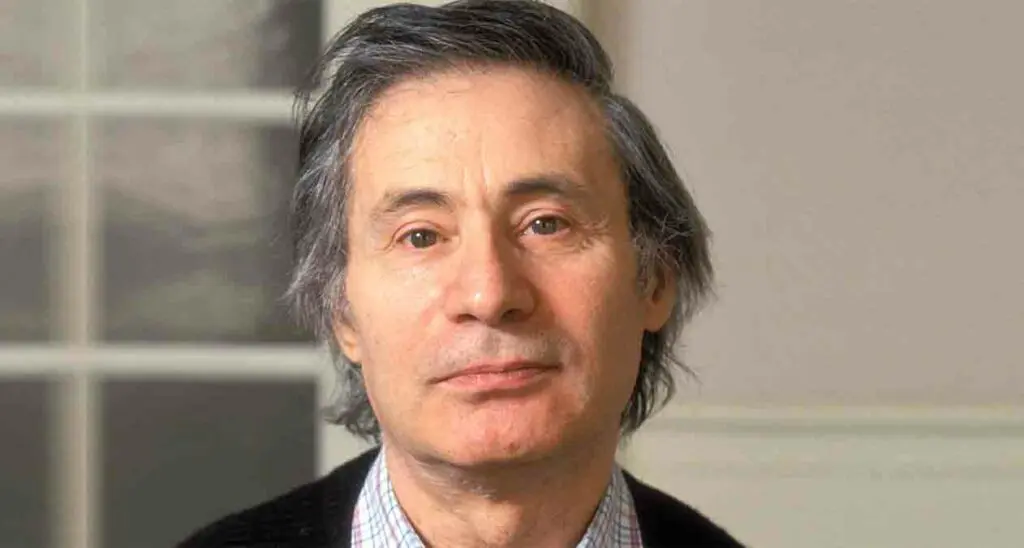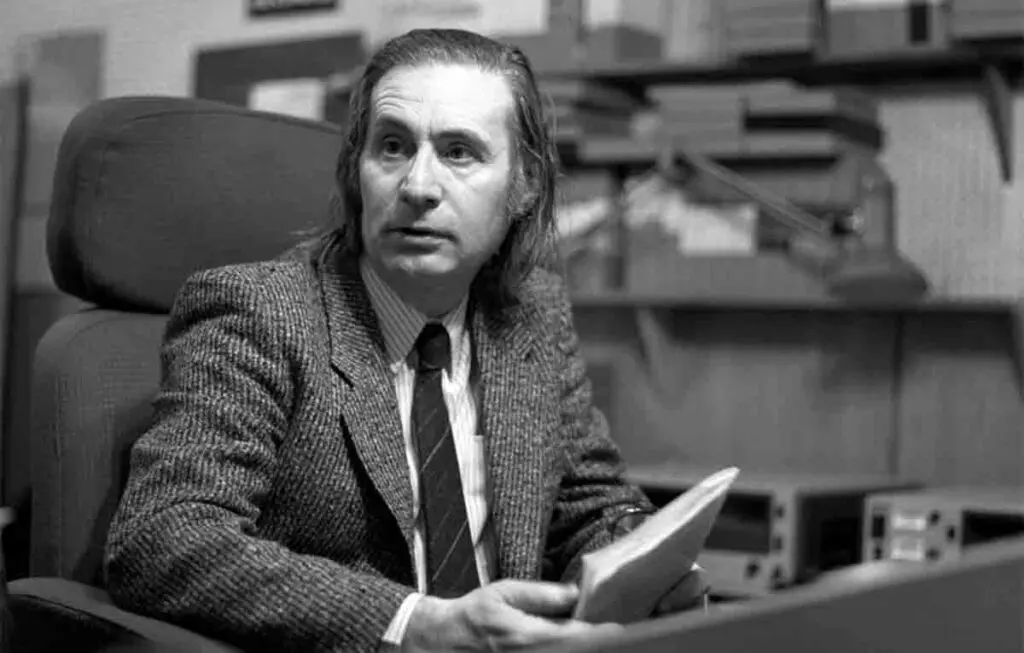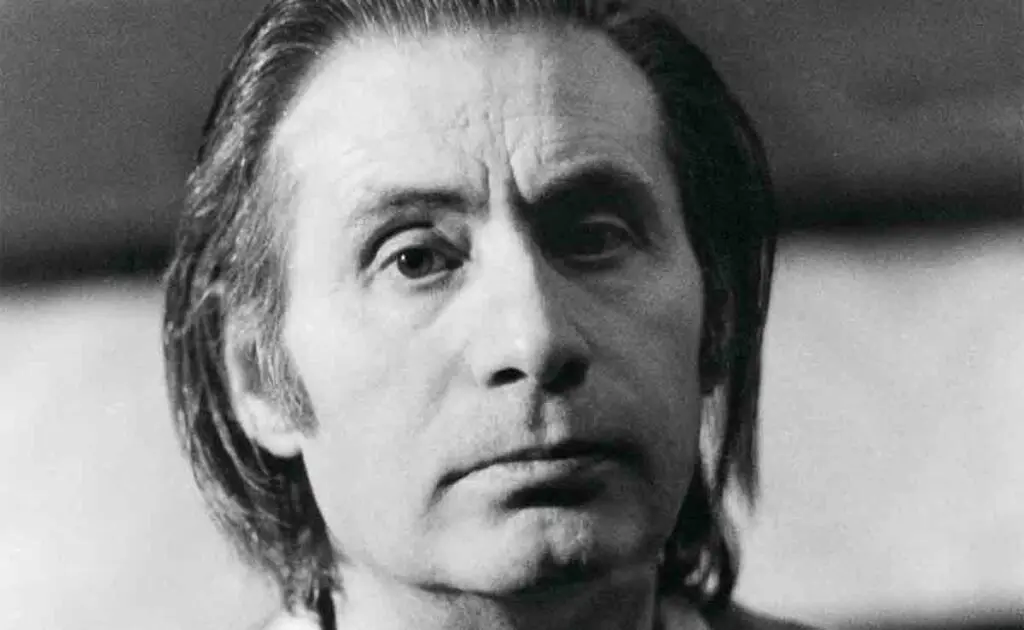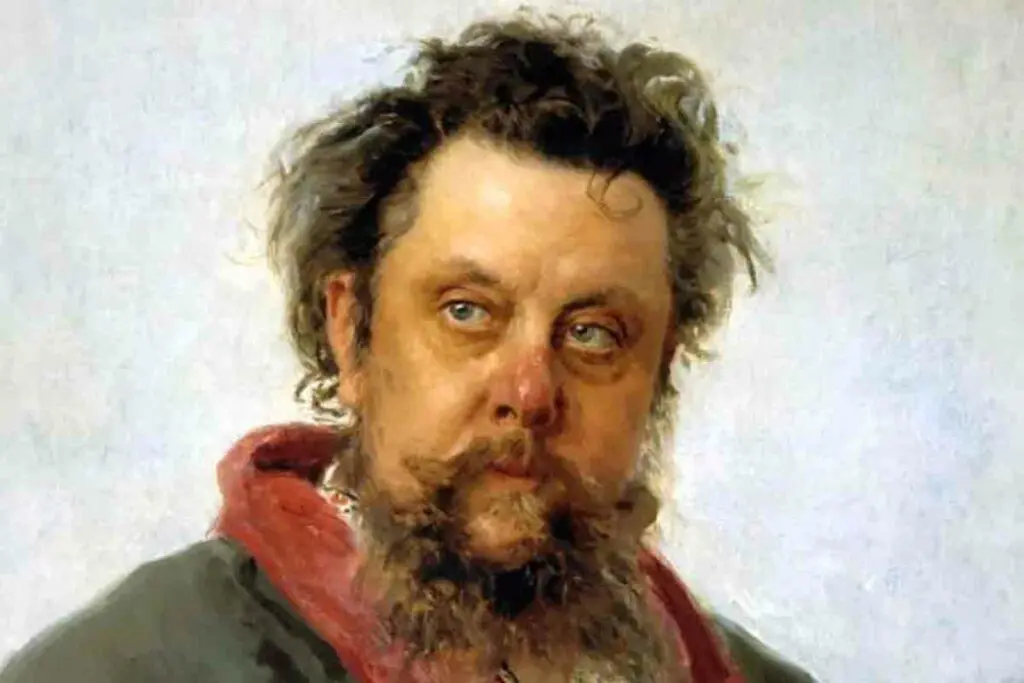Alfred Schnittke is a musician who managed to make a significant contribution to classical music. He took place as a composer, musician, teacher and talented musicologist. Alfred's compositions sound in modern cinema. But most often the works of the famous composer can be heard in theaters and concert venues.
He traveled extensively in European countries. Schnittke was respected not only in his historical homeland, but also abroad. The main feature of Schnittke was a unique style and originality.

Alfred Schnittke: Childhood and Youth
The future composer was born on November 24, 1934 in the city of Engels. Interestingly, the parents of the brilliant maestro had Jewish roots. The hometown of the head of the family was Frankfurt am Main. When the Second World War began, the family was forced to move to the capital. Grandma and grandpa lived there. This was a life saver for the family.
Schnittke grew up in a large family. In addition to him, his parents raised three more children. Alfred spoke only good things about his family. They were friendly and tried to support each other in difficult war and post-war times. Then the family was forced to pack the necessary things and move to Moscow. Parents taught children German, while grandparents taught the basics of the Russian language.
The little talented boy began to get involved in music from the age of 11. After the war, a large family moved to Vienna. This was a necessary measure. The head of the family is lucky. In Vienna, he took up the post of correspondent for the popular publication Österreichische Zeitung.
On the territory of Austria, Alfred graduated from a music school in the mid-1940s of the last century. The development of creativity finally convinced him that he was on the right track. A few years later, the Schnittke family was back on the suitcases. They moved to Moscow. Mom and dad got jobs at the local newspaper. And Alfred continued to get acquainted with music.
In the late 1950s, the young man was holding a diploma in composition from the Moscow Conservatory. Then he went to graduate school. In the early 1960s of the last century, Alfred taught "Reading scores" and "Instrumentation". The teacher deliberately did not take many people into his group in order to devote more time to each student.
Then he became part of the Union of Composers. The work did not give Schnittke a lot of money, so he took up writing compositions for the cinema. Despite the significant workload, he did not leave the walls of the educational institution where he taught.
The creative path of Alfred Schnittke
Alfred is a deep composer who, throughout his creative biography, tried to understand a person and his essence. He conveyed his experiences in his works. Experiences, fears, the search for truth and the meaning of human life - these topics Schnittke touched upon in his compositions. In the creations of the musician, a unique symbiosis of the tragic and the comic was created.
He became the creator of the term "polystylistics" (a combination of different aesthetics). In the early 1970s, Alfred created his debut ballet, which was called Labyrinths. Then his mother died. In memory of her, the composer wrote a piano quintet, which today is known to the public as the “Author of the Work”.
He actively worked on the method of aleatorics. In a nutshell compositions written by this method, you can get a significant amount of space for improvisation. Such works are not limited by frames.

In this case, the composition “First Symphony” is an excellent example. The work was first performed thanks to the brilliant conductor Gennady Rozhdestvensky. Interestingly, this kind of music was liked by everyone. Moreover, the classical composition was considered radical. Therefore, the composition "First Symphony" was not performed in the operas of St. Petersburg and Moscow. Its presentation took place on the territory of Nizhny Novgorod.
The work of Alfred Schnittke was original and original, since it had no genre and stylistic restrictions. In the late 1970s, the maestro presented Concerto Grosso No. 1 to classical music fans. The presented composition exalted its creator. Alfred Schnittke became famous far beyond the borders of his native state.
Schnittke was fascinated by polystylistics. He was inspired by the sound of a folk song. Impressed by such works, the maestro wrote Der Sonnengesang des Franz von Assisi. The demanding audience accepted the new composition no less ardently.
Alfred Schnittke: New Compositions
Soon the presentation of the composition “Second Symphony” took place, and several more followed. In the same year he visited the Paris Opera. He was involved in the production of the opera The Queen of Spades.
After Algis Žiuraitis learned that the opera was planning to stage The Queen of Spades, he published a provocative article. The conductor of the Bolshoi Theater, Lyubimov, was not released from the USSR to conduct a dress rehearsal. Thus, the premiere of the opera The Queen of Spades did not take place. Only in the early 1990s, the idea of the creators was translated into reality. The premiere took place in Karlsruhe. At the end of the 1990s, Moscow theatergoers reveled in the production of the opera The Queen of Spades.

The peak of the composer's popularity
It is generally accepted that the peak of Schnittke's popularity was in the 1980s of the last century. It was then that the maestro published the cantata The History of Dr. Johann Faust. It is noteworthy that Schnittke worked on the creation of the presented composition for more than 10 years. Critics and admirers of the maestro equally ardently accepted the novelty.
In the mid-1980s, the maestro published Cello Concerto No. 1. A year later, he shared the no less brilliant works of the Fifth Symphony and Concerto Grosso No. 4. Later, from his pen came out:
- "Three choirs for Orthodox prayers";
- "Concerto for mixed choir on the verses of G. Narekatsi";
- "Poems of Repentance".
The talent of the brilliant composer was appreciated at the highest level. It's no secret that he left behind a rich legacy. He wrote ballets and operas, more than two dozen concertos, nine symphonies, four violin concertos. He has had a significant amount of musical accompaniment for opera and motion pictures.
In the mid-1980s, Schnittke's talent was recognized at the highest level. He became the "Honored Artist of the RSFSR". In addition, the composer has repeatedly held prestigious awards and prizes in his hands.
Details of the personal life of the composer Alfred Schnittke
Despite the hectic creative life, Schnittke found time for love. He was married twice. The first family union occurred at a young age. It was love at first sight. The wife of the famous composer was a girl named Galina Koltsova. The family did not last long. They soon divorced.
In the name of love, Schnittke violated pedagogical ethics. He fell in love with his student Irina Kataeva. The maestro was fascinated by the unearthly beauty of the girl. Soon the family grew by one person. Irina gave birth to the composer's heir. The son was named Andrew.
Schnittke repeatedly said that Ira Kataeva was the love of his life. The family lived in harmony and love. The couple was inseparable until the end of the life of the famous maestro.
Interesting Facts
- He composed music for over 30 films.
- In the early 1990s, Alfred was awarded the Lenin Prize. But he refused it on personal grounds.
- One of the philharmonics, which is located in Saratov, is named after Alfred Schnittke.
- Several autobiographical films have been made about the life of the famous maestro.
- The composer died in Germany, but was buried in the capital of Russia.
The last years of the composer's life
In 1985, the maestro suffered several strokes. The health of the famous composer deteriorated, but despite this, he continued to work hard. In the early 1990s, he and his wife moved to the territory of Hamburg. There the composer taught at a higher school.
In August 1998, the maestro suffered another stroke, which caused death. August 3, 1998 he died. Schnittke's body rests at the Novodevichy Cemetery in Moscow.



